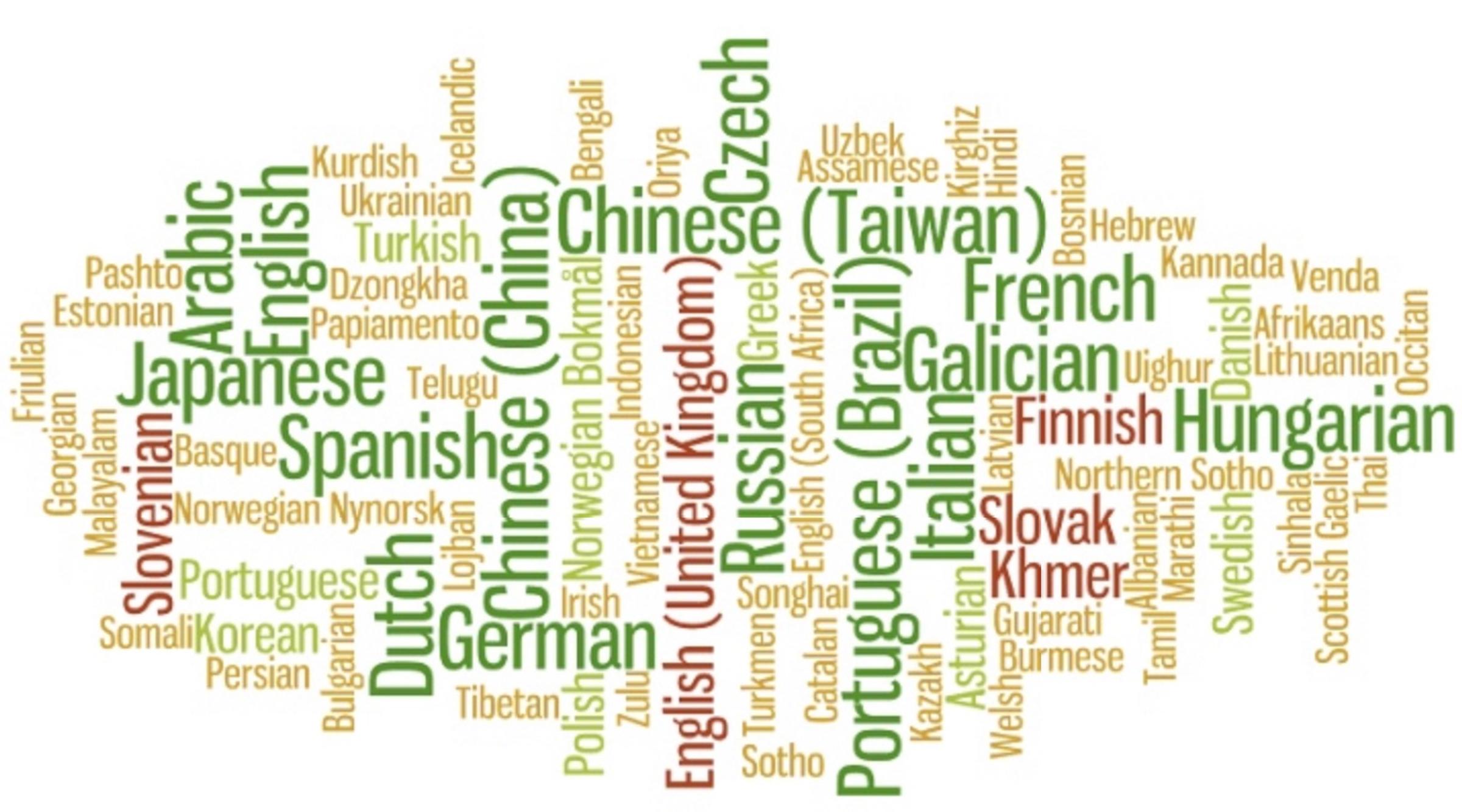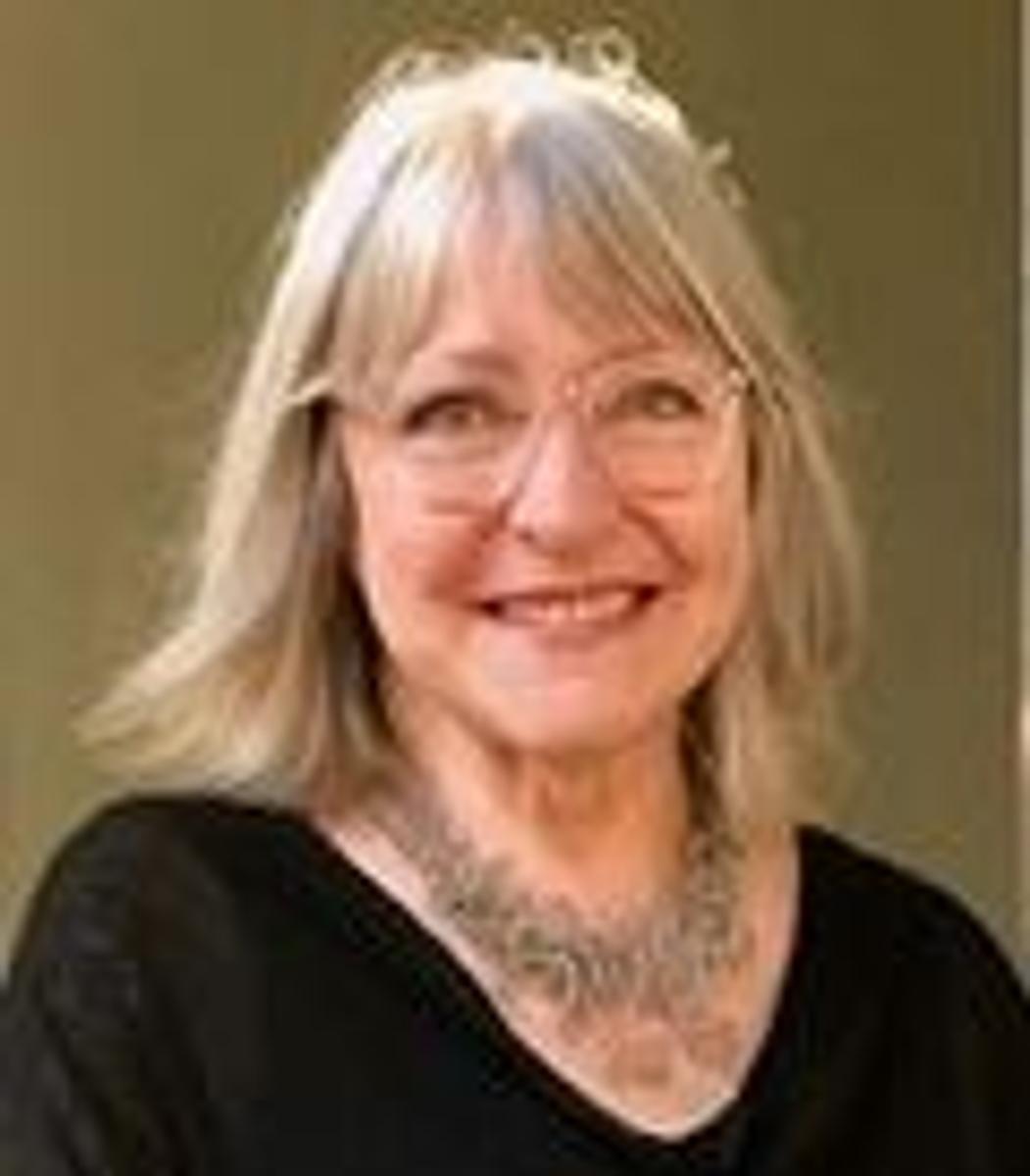From the Principal

Language
In recent weeks there was an announcement from the State Government attempting to ‘even the playing field’ for those students choosing to study a language in the VCE.
With the VCE of course it’s all about competition, with handicaps, bonus points and high stakes. Native speakers of languages other than English are considered to have an unfair advantage so it is hardly surprising that the numbers of students willing to enter this particular race is falling and, as a result, fewer students are willing to risk learning a second language at all.
An authority from the University of Melbourne was quoted as commenting that ‘… it is not the student that has an unfair advantage; it’s the curriculum and assessment system that is designed to make people compete with each other.’
It’s heartening to find that more and more people recognise that competition is actually a deterrent to learning, rather than an effective motivation.
Surely this is a contributing factor as to why so many English speakers are monolingual, whereas the rest of the world is, by and large, multilingual.
Preshil has always promoted the study of languages and, with the introduction of the International Baccalaureate and its requirement that everyone studies a second language, the choice of languages and the level of interest are expanding rapidly. Where the School only managed to run a small French class as part of the VCE we now have French as both a higher and standard level study, together with ab initio Spanish, German and Italian.
At the Primary School as well as French beginning in the Kindergarten we have children asking to have elective classes in Japanese and Greek. And we are beginning to hear French in the play ground…
Knowing that they will study another language all the way through their schooling also has the added benefit of encouraging all of our children to take this learning seriously, to consider undertaking a language exchange program and valuing the cultural perspectives that studying a language offers.
As with all IB DP subjects there is no ranking of subjects, so learning is cultivated as valuable for its own sake, and the choice is a real one, rather than determined by which language has the highest returns in the form of an adjusted study score leading to an advantage in the final ATAR score.
Across all three IB programmes there is a consistent and significant emphasis on global citizenship and intercultural understanding. The development of this knowledge is of enormous importance for our students if they are to operate successfully in the contemporary world, where national borders are less important than global connections.
I am looking forward to seeing students create the demand for more and more language choice, particularly the languages of our nearest neighbours in Asia – and of our own first peoples.
Then we can say that the IB has been truly successful.
Marilyn Smith
Principal

